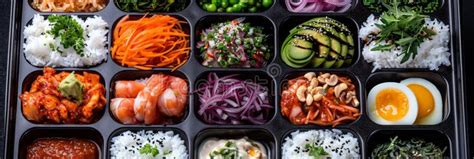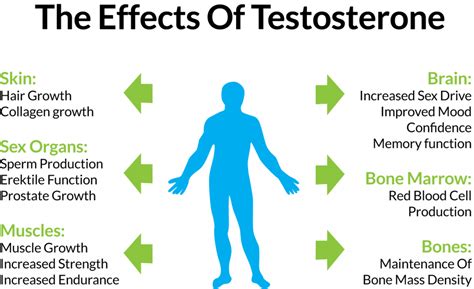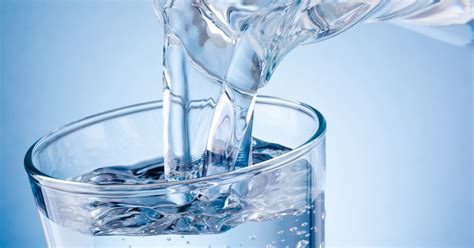Best diet strategies to naturally boost testosterone & maximize muscle growth?

Optimizing your diet is a cornerstone for not only overall health but also for crucial hormonal balance and physical development. For men seeking to enhance their natural testosterone levels and accelerate muscle growth, nutrition plays an indispensable role. This article delves into the precise dietary strategies that can help you achieve these intertwined goals, ensuring your body has the building blocks and hormonal support it needs to thrive.
The Foundational Role of Macronutrients
Macronutrients—protein, fats, and carbohydrates—are the pillars of any effective diet plan. Their ratios and quality significantly impact hormone production and muscle repair.

Protein: The Muscle Builder
Adequate protein intake is paramount for muscle protein synthesis, the process by which your body repairs and builds new muscle tissue. Aim for 1.6-2.2 grams of protein per kilogram of body weight daily. Sources like lean meats (chicken, beef, turkey), eggs, dairy, and plant-based proteins (legumes, tofu) provide essential amino acids.
Healthy Fats: Hormone Production Powerhouses
Contrary to outdated advice, healthy fats are crucial for testosterone production. Cholesterol, derived from dietary fats, is a precursor to steroid hormones, including testosterone. Prioritize monounsaturated fats (avocados, olive oil, nuts), polyunsaturated fats (fatty fish, seeds), and a moderate amount of saturated fats from quality sources. Avoid trans fats entirely.
Carbohydrates: Fueling Performance and Recovery
While often debated, carbohydrates are vital for fueling intense workouts, replenishing glycogen stores, and preventing cortisol spikes that can negatively impact testosterone. Focus on complex carbohydrates like whole grains, fruits, and vegetables. Tailor your intake to your activity level; higher activity generally warrants more carbs.
Micronutrients: Small but Mighty Contributors
Beyond macros, a spectrum of vitamins and minerals plays a critical role in hormonal health and muscle function.
Zinc: A Testosterone Catalyst
Zinc is a mineral directly involved in testosterone synthesis. Deficiencies can lead to reduced levels. Incorporate zinc-rich foods like oysters, red meat, poultry, nuts, and beans.
Vitamin D: The Sunshine Hormone
Often referred to as a hormone itself, Vitamin D is strongly linked to testosterone levels. Sun exposure is the primary source, but fatty fish, fortified foods, and supplementation (if necessary) can help maintain optimal levels.

Magnesium: Enhancing Free Testosterone
Magnesium plays a role in hundreds of bodily processes, including muscle function and hormone regulation. It can increase free (bioavailable) testosterone. Green leafy vegetables, nuts, seeds, and whole grains are excellent sources.
Specific Foods to Integrate into Your Diet
- Fatty Fish (Salmon, Mackerel, Tuna): Rich in Omega-3 fatty acids and Vitamin D, both beneficial for hormone health.
- Eggs: A complete protein source; egg yolks contain cholesterol, which is a precursor to testosterone, and Vitamin D.
- Leafy Green Vegetables (Spinach, Kale): Packed with magnesium and other essential vitamins and minerals.
- Avocados: Excellent source of healthy monounsaturated fats and boron, which may impact testosterone metabolism.
- Berries and Citrus Fruits: High in antioxidants and Vitamin C, which can help reduce cortisol and support overall health.
- Red Meat (Lean Cuts): Provides protein, zinc, and saturated fat in moderation, all supportive of testosterone.
- Nuts and Seeds: Offer healthy fats, zinc, magnesium, and other micronutrients.

Beyond Food Choices: Timing and Hydration
Strategic Meal Timing
While the overall quality of your diet is paramount, meal timing can also play a supporting role. Consuming protein and carbohydrates around your workouts can optimize recovery and muscle protein synthesis. Eating regular, balanced meals helps maintain stable blood sugar and energy levels.
Hydration: The Unsung Hero
Dehydration can negatively impact performance, metabolism, and overall bodily functions, potentially stressing your hormonal system. Ensure you drink plenty of water throughout the day, especially if you’re active.

Conclusion: A Holistic and Consistent Approach
Naturally boosting testosterone and maximizing muscle growth through diet is not about quick fixes but rather a consistent, well-planned approach. Focus on a balanced intake of high-quality macronutrients, prioritize essential micronutrients like zinc, vitamin D, and magnesium, and incorporate specific testosterone-supportive foods. Couple these dietary strategies with adequate sleep, regular strength training, and stress management for the most profound and sustainable results. Remember, consult with a healthcare professional or a registered dietitian before making significant changes to your diet, especially if you have underlying health conditions.









